Want to Improve? Destroy Your Guitar Heroes
As derivative as you think you are, you’ll never play, write or peel a potato like your idols. And that’s a good thing.
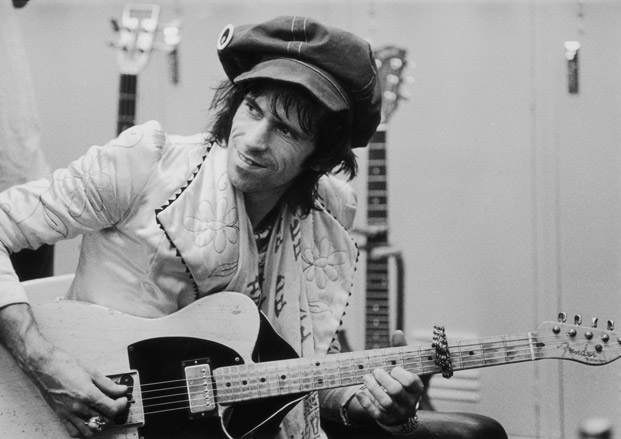
One problem, or perhaps excuse, I've often heard from musicians who profess the desire to write songs is that their efforts always end up sounding like their favorite bands or artists.
I chalk this up to creative growing pains because, as derivative as you think you are, you’ll never play, write or peel a potato like your idols. And that’s a good thing. Here’s why: Every person on the planet is constantly influenced by everything around them—whether or not they know it or admit it.
The same applies to music. I owe many of the musical preferences (that I’m aware of) to radio, and that’s something many people can relate to. As a guitar player, I wouldn’t have made much progress if it weren’t for the work of others who came along before I did. But whether you’re a modest fan or you like to wear your influences on your sleeve (literally), don’t act like you have none.
That’s just being a douche. Douches have no friends because nobody likes douches … I remember once in the studio, my friend asked the band’s guitarist what his influences were, and the guy said he had none, but he listened to a lot of classical music. I’d like to include that this guitarist’s music had to have been the freaking encyclopedia of lead guitar licks featuring a veritable crap-ton of sweep-picked arpeggios. Now regardless of what this guitarist might have thought, he was not the first guy to do these things. But that’s OK! We’re all products of our time.
What makes you a douche and sets off everyone’s BS meter is if you deny that simple reality. So get that straight first and instantly feel the self-imposed burden of hyper-originality evaporate. You only get better at things you spend most of your time on. If you only write music when you get “inspired,” you will probably not get any better anytime soon. If the song you’re writing sounds like a bad Tool cover, then you are merely experiencing some “growing pains” in your writing journey that you will eventually outgrow (sooner than you think). Finish the song and move on to the next one.
While I do think it is good exercise for your songwriting muscles and creativity, constantly trying to avoid sounding like an influence can seriously derail the progress of a song, especially for a beginner. You are what you eat musically. Recognize it. Embrace it. If you can’t respect your own musical personality, who will?
Some songwriters just starting out are scared of plagiarizing a known artist, but unless that is your goal, it actually becomes very hard to do (especially for an entire song) once you’ve been writing for a while (and a “while” could mean weeks, months or years depending on how often you write). Obviously, you don’t want to just rip off someone else’s work, but after the first few times you get stuck with a similar-sounding riff (it’s gonna happen) you’ll start to develop your own rules for dealing with this.
Let’s say you write a new riff on the guitar but it reminds you of your favorite Aerosmith, Danzig or Hüsker Dü riff. You want to be original so you alter your riff so much that you only succeed in ruining it. Follow my personal protocol for overcoming this common quandary:
01. Tweak your riff for one hour (two if yer green) to see if you can find a more unique version that you actually like better than your original riff AND the famous riff you’re trying to avoid copying. You might be surprised at what you come up with. But if you can’t find anything better …
02. Replace your original riff with the famous riff and if the famous riff just feels the best for that section of the song then just go with it and look for ways to disguise it. But I’m not talking about the riff itself. Just the addition of adjacent sections and vocal rhythms/melodies can effectively disguise a famous-sounding riff in your song. Recording yourself (which I strongly recommend anyways) will instantly make this apparent. If you want to get better (and more unique) in your songwriting, you’ve got to write. You’ll start many songs and probably finish less but it is important that you do finish as many songs as you can.
This takes discipline but it will teach you form and presentation as well as help you develop a style. Otherwise all you’ll have are riffs and ideas. You need to complete whole songs to grow as an artist. Songwriting gives you the chance to perfectly express how you feel in ways only music can convey.
Even if you fear sounding like your influences, as long as you consistently write music from your gut, you’ll increasingly notice how much you sound like, well, yourself. Remember, it’s not just musical influences that appear in your songs. It’s every place you’ve been, every person you’ve met, every dream or fear you’ve ever had. There’s simply nobody else who can make music like you. Lose the fear already. Have any songwriting tips to share? Tell me in the comments!
Blake Scopino is a guitar player, songwriter and audio engineer. To see if he can back up his big mouth, listen to his band here. For more tips, tricks and other handy information for your musical journey, head on over to Cool Drifter Music Motel.
Get The Pick Newsletter
All the latest guitar news, interviews, lessons, reviews, deals and more, direct to your inbox!
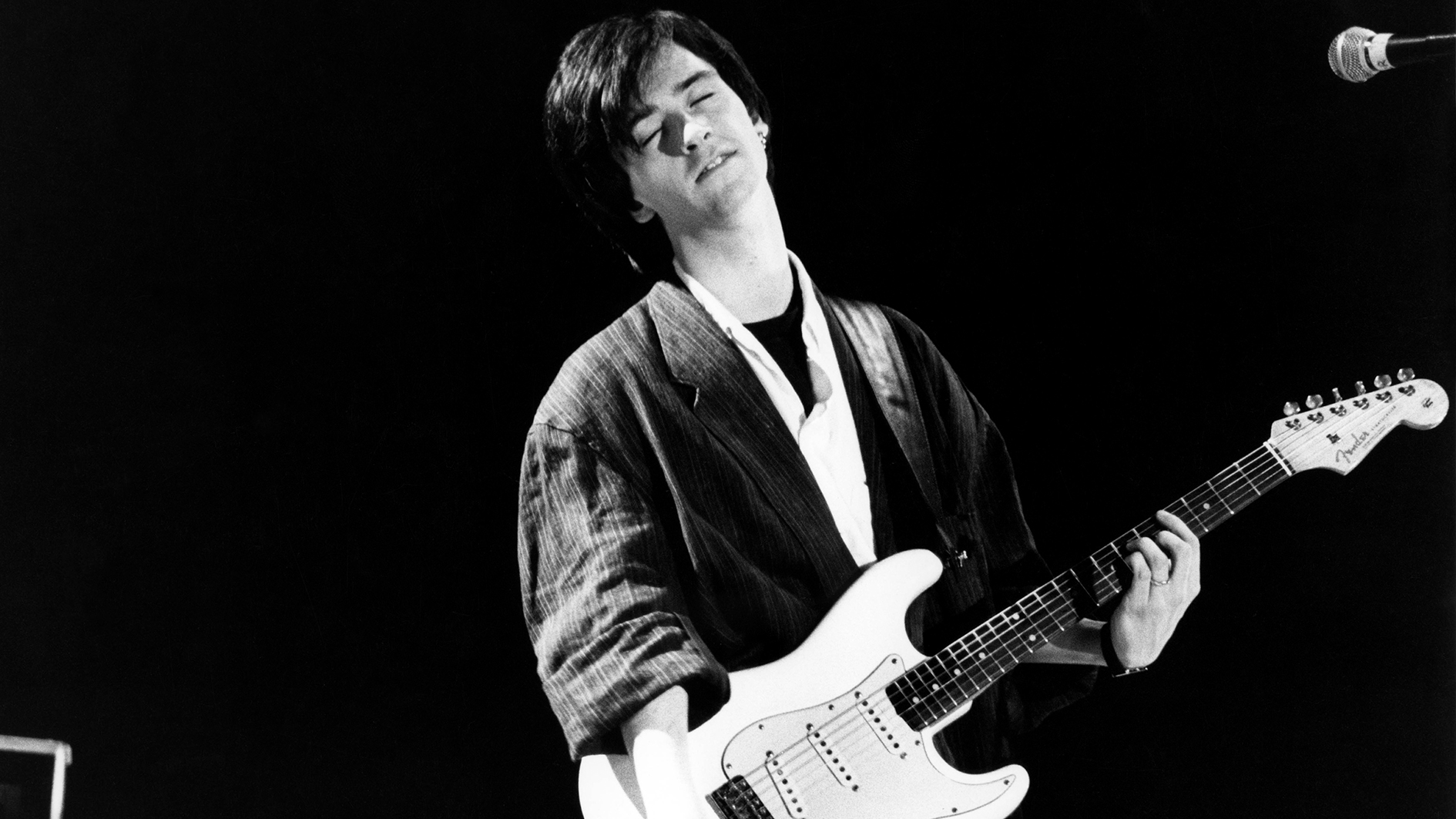
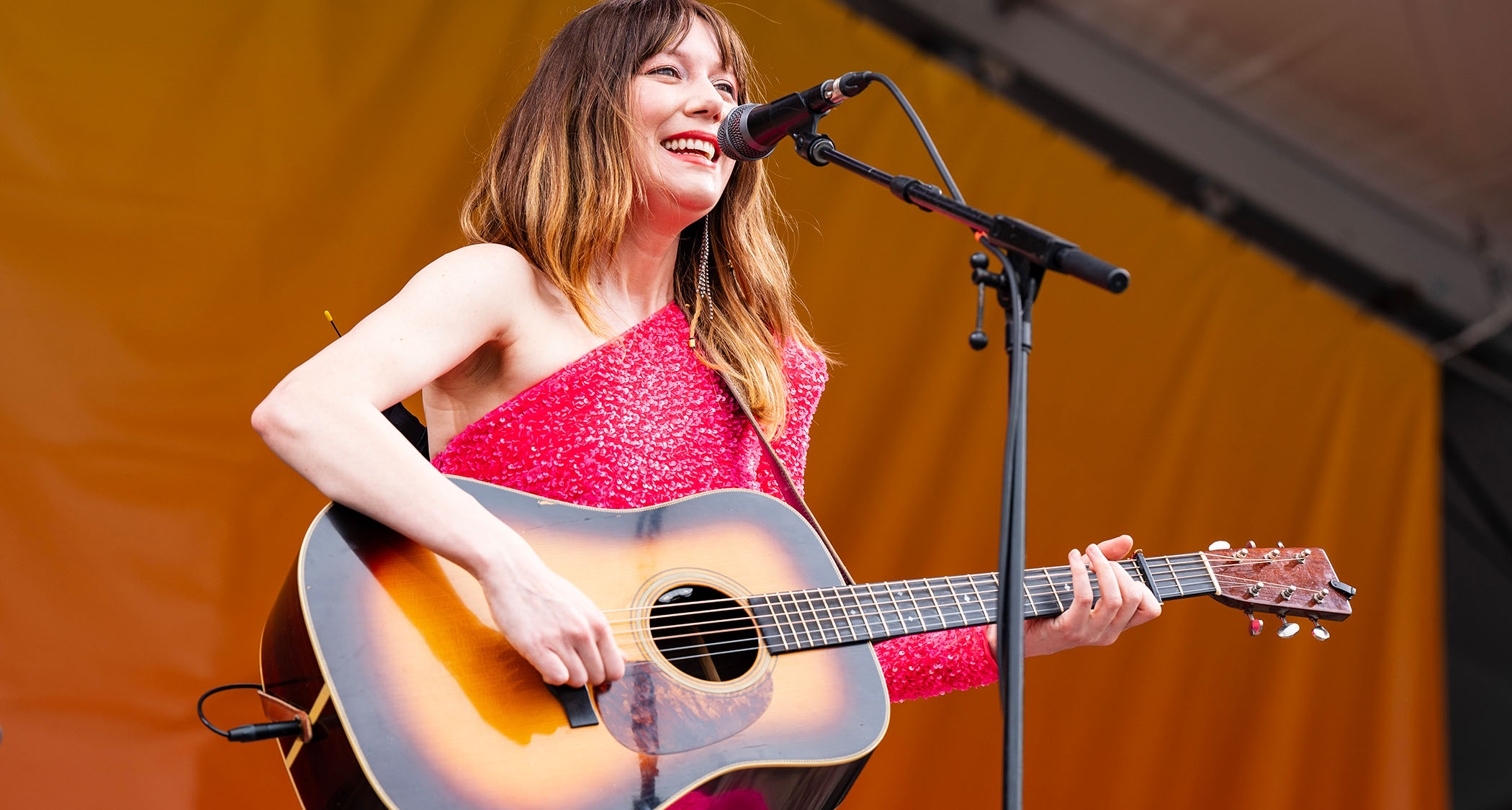

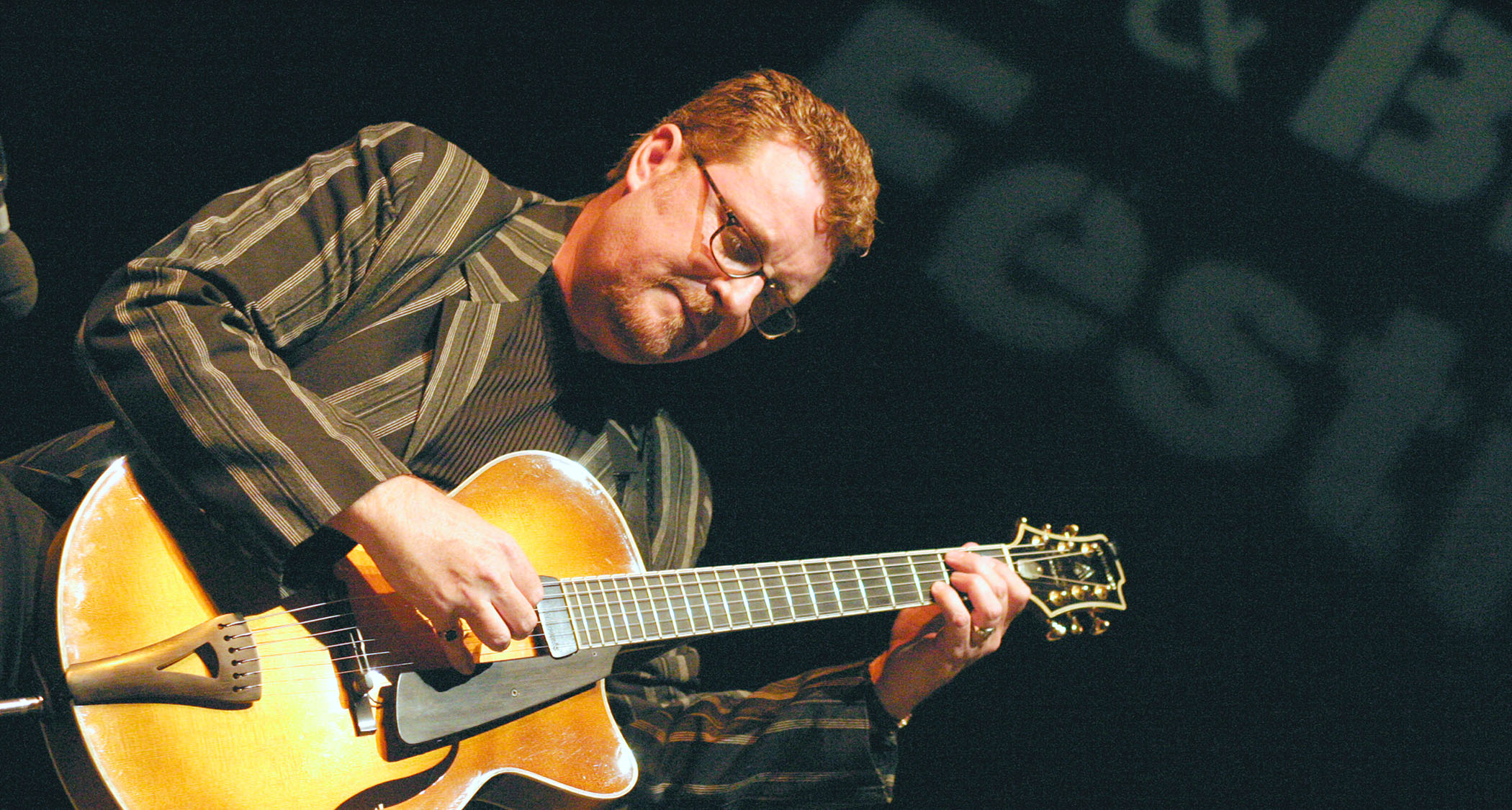

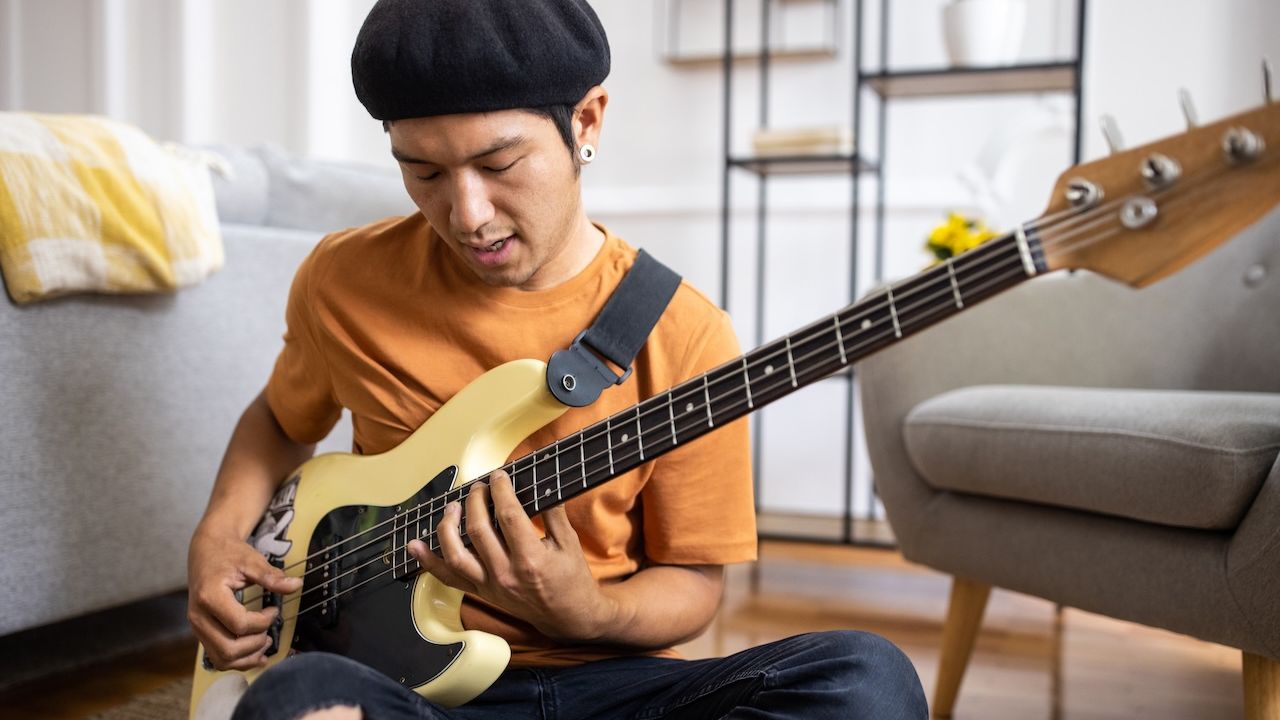
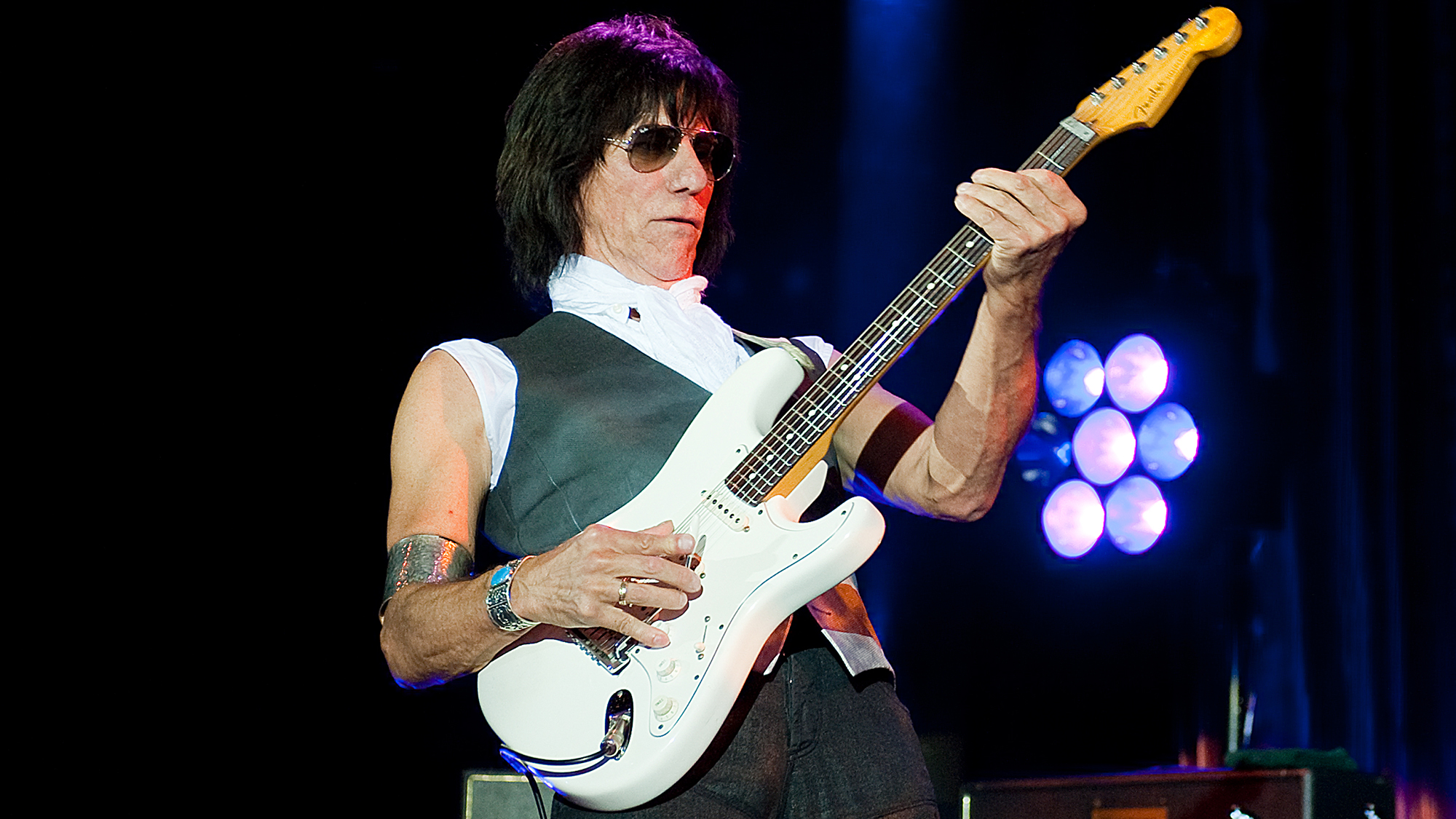
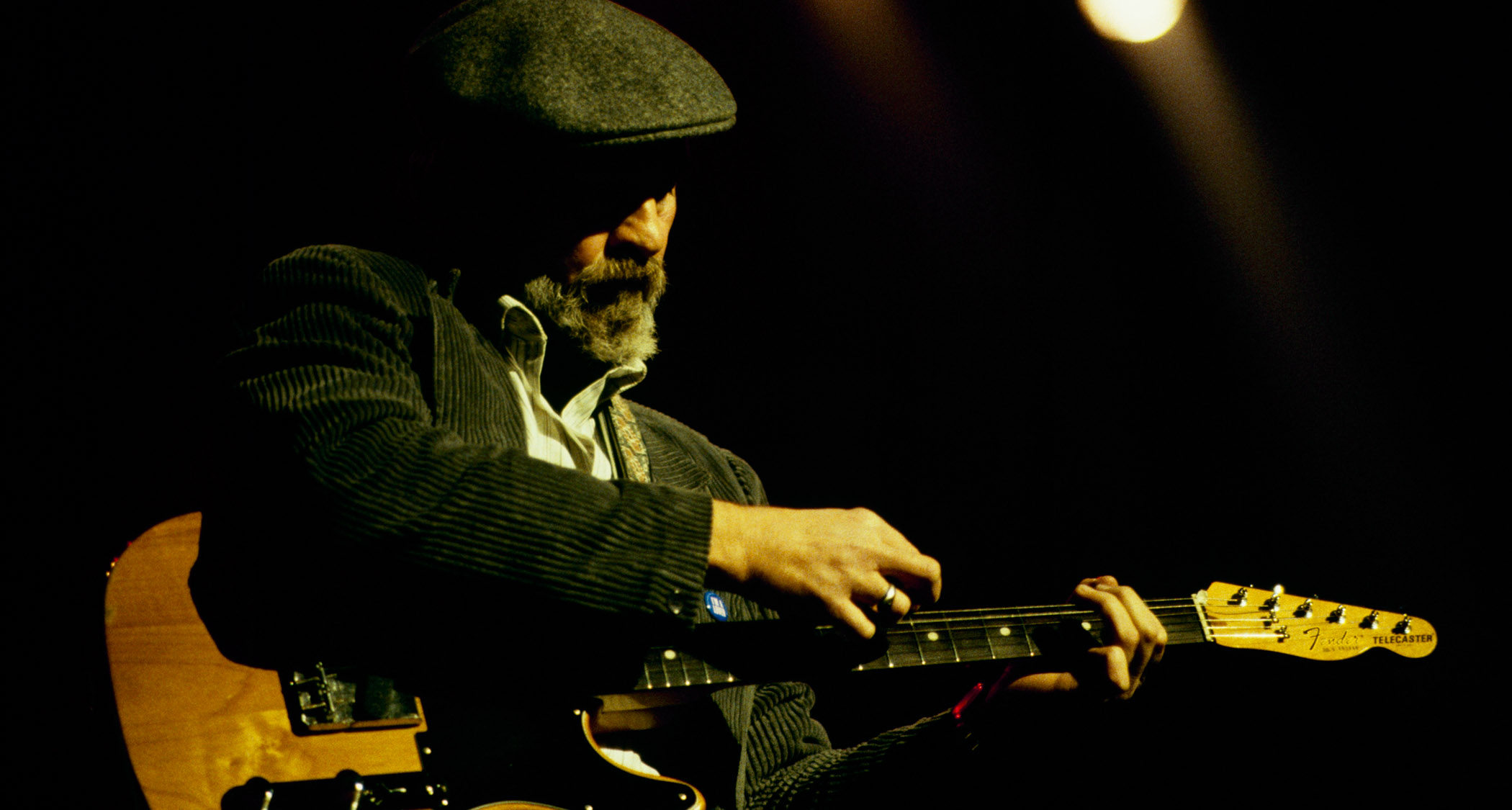
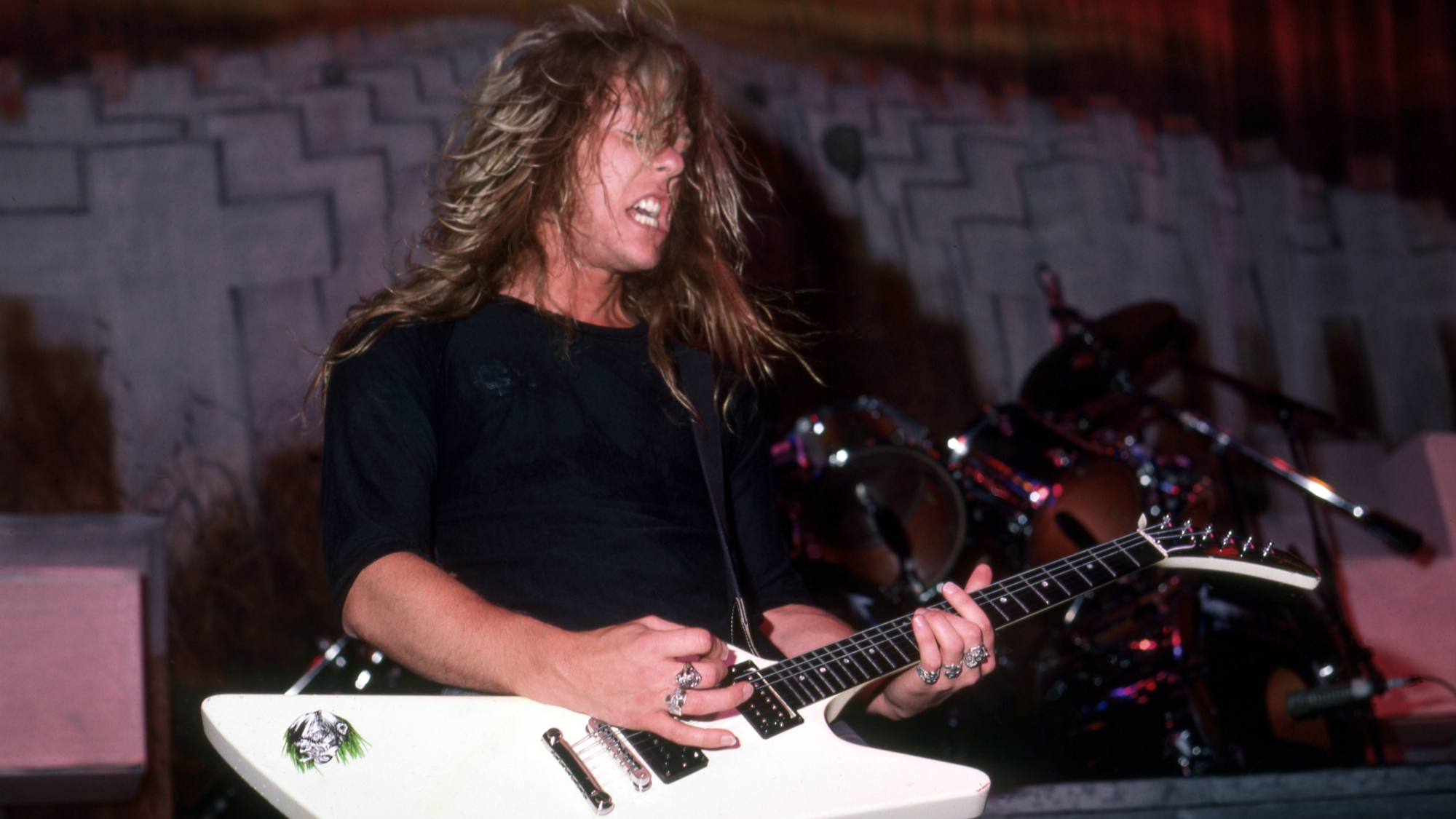
![Joe Bonamassa [left] wears a deep blue suit and polka-dotted shirt and plays his green refin Strat; the late Irish blues legend Rory Gallagher [right] screams and inflicts some punishment on his heavily worn number one Stratocaster.](https://cdn.mos.cms.futurecdn.net/cw28h7UBcTVfTLs7p7eiLe.jpg)
